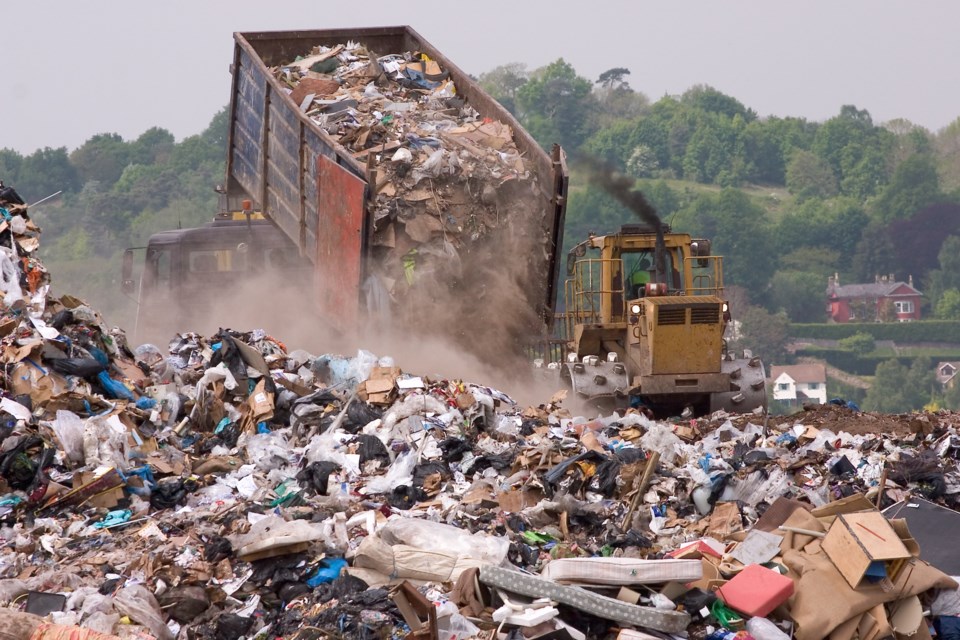The Region of Waterloo is looking at implementing a new waste diversion program, the first in nearly 20 years.
The last time the region saw a new program to divert unnecessary waste from landfills was with the introduction of the pilot green bin program in 2004.
Regional councillor and Waterloo Mayor Dorothy McCabe put forth a motion at a Nov. 8 meeting that would task staff with looking into what could be done to help divert waste in the region while following new provincial demands.
"This is a request that is upstream in nature," said McCabe at the strategic planning and budget committee meeting. "The goal is reducing the amount of waste and increasing the diversion rate which will ultimately decrease costs at our landfills."
The province has implemented a Food and Organic Waste Policy that requires municipalities to have an active role in food waste reduction.
In a report presented to regional council Wednesday, staff proposed additional resources that would focus on working with community partners to enhance access to new waste diversion programs.
These programs include: food rescue and share programs that would see unused food from restaurants and grocery stores go to food banks and other community partners.
The townships would have household hazardous waste community collection events and electrical and electronic equipment communications for proper disposals at sites around the Region.
Staff also recommended share sheds, where community members can drop off and pick up bikes, paint, and other household items.
Larger waste items like, mattresses, carpets, furniture, textiles and construction and demolition materials will have recycling programs that link residents with recycling businesses which offer these programs.
As McCabe acknowledges this year being another tight budget year, but in their report regional staff attribute the lack of waste diversion programs since 2004 to "ongoing fiscal and resource constraints."
"Ensuring adequate resourcing to launch and sustain these new programs is vital to citizens’ successful understanding and adoption of the new services, and continued trust in the Region," read the report.
Estimated costs are $176,000 in 2024 assuming a start date of April 1, 2024 and $235,000 on an annualized basis, to be funded from the property tax levy.
Regional council will have the chance to vote on this in the final 2024 budget meeting.



